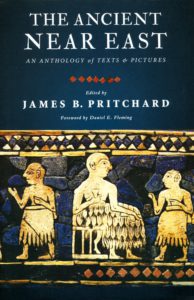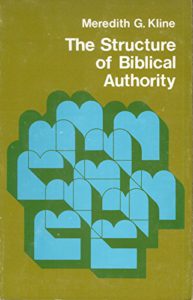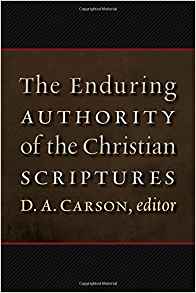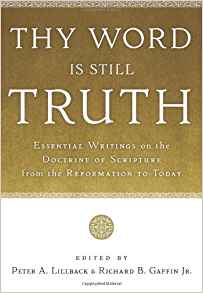 My Journey Through ANE Studies
My Journey Through ANE Studies
by Leong Tien Fock
I was asked to share why the more I was exposed to the literature of the “ancient Near East” (ANE), the more I became convinced of the verbal plenary inspiration of the Old Testament (OT). This is a concise presentation of the highlights in my journey through ANE studies.
I did an MA in OT studies at Wheaton College before moving on to UCLA to do an MA and then PhD in ANE studies. One of my professors at Wheaton College, who did his PhD in ANE studies at a secular university, once said: “Those of us evangelicals [who did ANE studies in a non-evangelical institution] often moved away from our evangelical position when we were there. But when we returned to teach in an evangelical institution, we gradually returned to our evangelical position.” So I was forewarned. This must have affected how I approached ANE studies in a secular university. Continue reading “Studying the Ancient Near Eastern Texts Confirms My Belief in the Uniqueness of the Bible”
 Former church turned into a bar
Former church turned into a bar



